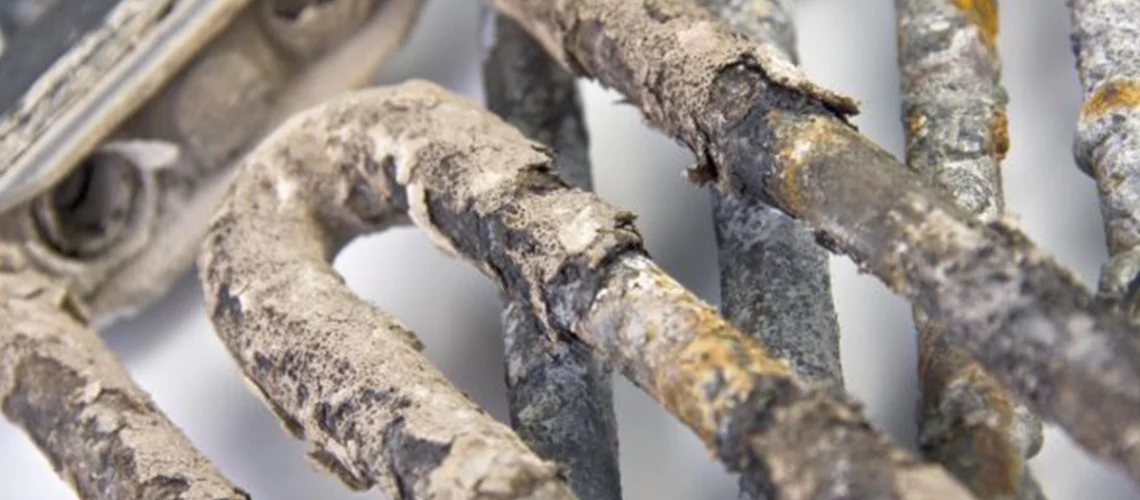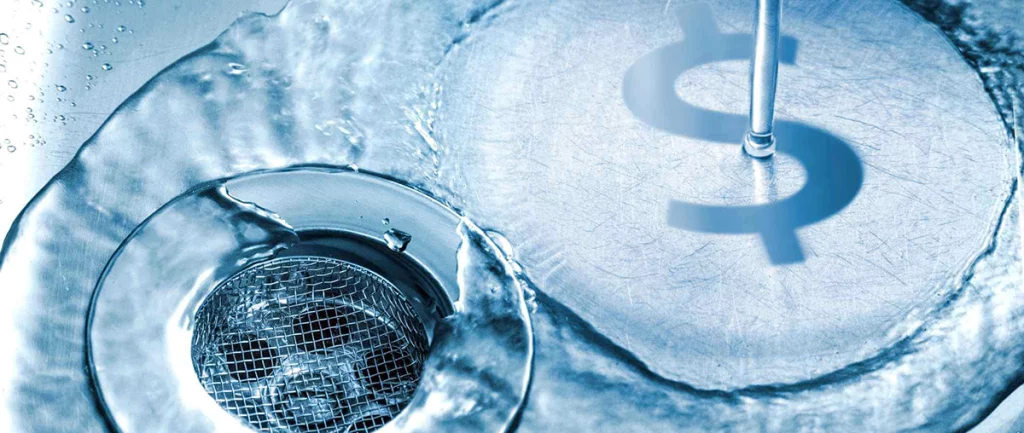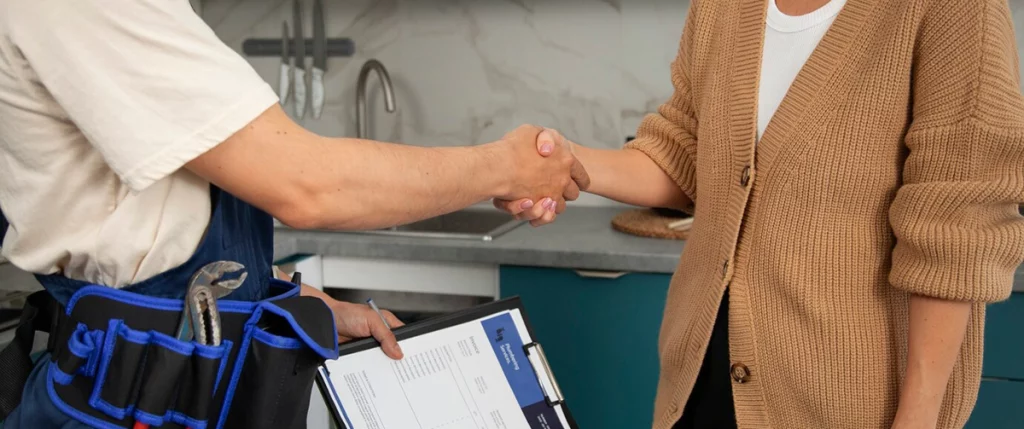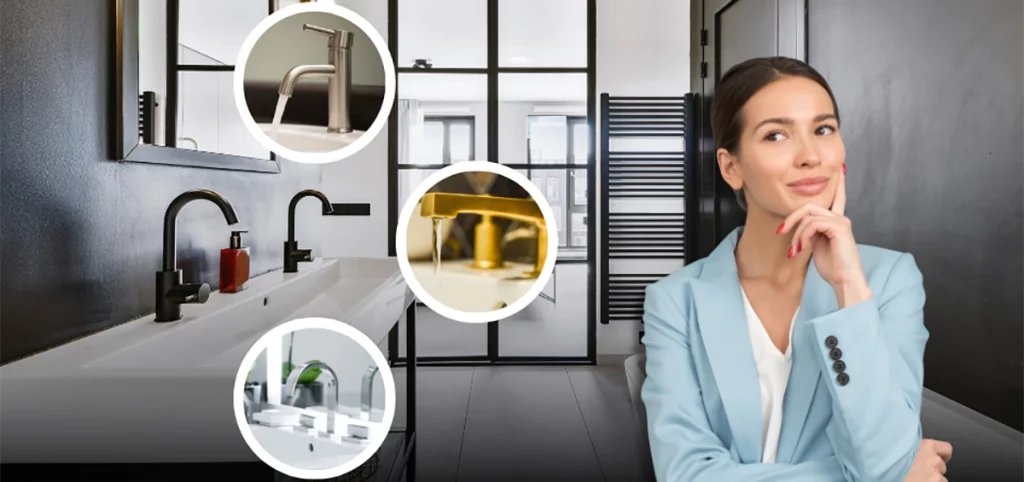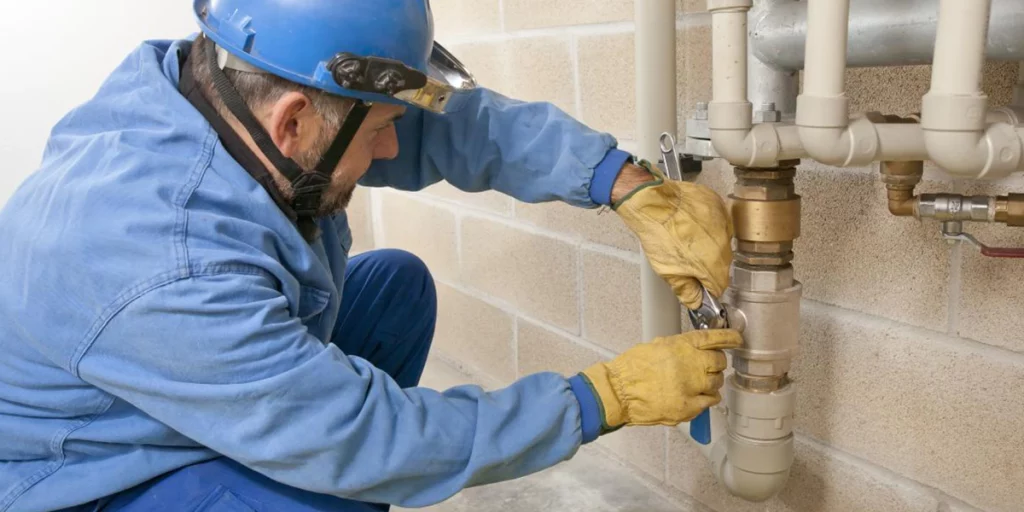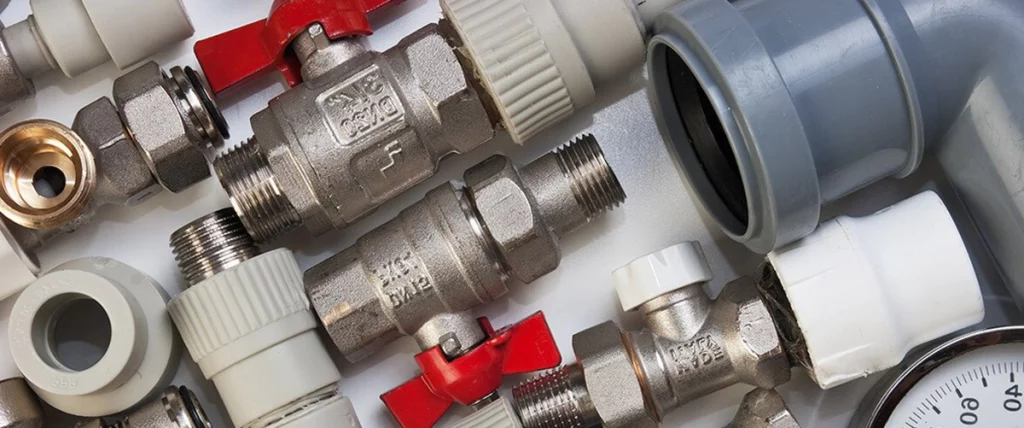Dealing with hard water can be a significant concern for many homeowners, as it affects not only water quality but also the longevity and efficiency of plumbing systems and appliances. Understanding how to treat and manage hard water is essential for maintaining a healthy home environment. Here’s a guide to understanding hard water and exploring the solutions and treatment options available.
What is Hard Water?
Hard water contains a high concentration of minerals, primarily calcium and magnesium, which it picks up while percolating through limestone and chalk deposits. While not harmful to health, these minerals can cause a variety of inconveniences and plumbing issues.
Hard water is water that contains a high concentration of dissolved minerals, specifically calcium and magnesium. It is formed when water percolates through deposits of limestone, chalk, or gypsum, which are largely made up of calcium and magnesium carbonates, bicarbonates, and sulphates.
Characteristics of Hard Water
- Mineral Content: The primary characteristic of hard water is its high mineral content. Unlike soft water, hard water contains elevated levels of calcium and magnesium ions.
- Effect on Household Appliances: Hard water can lead to the buildup of limescale inside pipes, boilers, and appliances like kettles and water heaters. This scale buildup can reduce the efficiency and lifespan of these appliances.
- Interaction with Soap: Hard water reacts with soap to form a sticky scum instead of producing a lather. This can make cleaning tasks more difficult and can leave residue on clothes, dishes, and even on the skin and hair.
- Taste Difference: Some people notice a difference in taste with hard water, often describing it as slightly metallic or minerally due to the high levels of dissolved minerals.

Measuring Hard Water
The hardness of water is measured in grains per gallon (gpg) or milligrams per litre (mg/L), also expressed as parts per million (ppm) of calcium carbonate. Water is generally considered hard when it exceeds 7 grains per gallon or 120 mg/L.
Hard water is not harmful to health and can even contribute beneficial calcium and magnesium to the diet. However, due to its effects on plumbing, appliances, and cleaning processes, many people choose to soften hard water to prevent the inconveniences it can cause.
Signs of Hard Water
Here is a table detailing common signs of hard water in a household:
| Sign of Hard Water | Description | Common Areas Affected |
| Limescale Build-up | White, chalky deposits that form on surfaces due to high mineral content. | Faucets, showerheads, kettles, pipes |
| Soap Scum | Soap reacts with calcium to form a filmy residue, making it hard to lather and rinse off. | Sinks, bathtubs, shower walls, dishes |
| Spotty Dishes and Glassware | Glasses and dishes come out of the dishwasher looking cloudy or spotty. | Kitchenware |
| Reduced Appliance Efficiency | Appliances like water heaters and washing machines suffer from scale buildup. | Appliances using water |
| Dry Skin and Hair | Water strips away natural oils from skin and hair, leading to dryness and irritation. | Personal care |
| Increased Soap and Detergent Use | More soap or detergent is required to achieve cleaning effectiveness. | Cleaning tasks |
These signs indicate that the water in your home has a high mineral content, which can affect everything from your daily cleaning tasks to the efficiency and longevity of your household appliances.
- Limescale Build-up: White, chalky deposits on faucets, showerheads, and appliances.
- Soap Scum: Difficulty in getting soap and shampoo to lather, resulting in a film left on the skin and hard surfaces in the bathroom and kitchen.
- Spotty Dishes and Glassware: Glasses and dishes that come out of the dishwasher looking cloudy or spotty.
- Reduced Appliance Efficiency: Appliances like water heaters, dishwashers, and washing machines can suffer from limescale buildup, reducing efficiency and lifespan.
- Dry Skin and Hair: Hard water can strip moisture from your skin and hair, leading to dryness and irritation.
Solutions and Treatment Options
When dealing with hard water in your home, there are several effective solutions and treatment options to consider. These methods can help mitigate the effects of hard water, enhancing water quality and protecting your plumbing and appliances from scale buildup. Here’s a breakdown of the most common solutions:
1. Water Softeners
- Description: Water softeners are the most common treatment for hard water. They use an ion exchange process to replace calcium and magnesium ions in the water with sodium or potassium ions, effectively softening the water.
- Benefits: Reduces scale buildup in pipes and appliances, improves soap and detergent effectiveness, and can extend the lifespan of plumbing systems.
- Considerations: Requires regular maintenance, including replenishing the salt used for ion exchange.
2. Magnetic and Electronic Descalers
- Description: These devices are attached to the water supply line and use a magnetic field or electrical charge to alter the electromagnetic properties of calcium and magnesium ions so they can’t form scale.
- Benefits: Easy to install and maintain; does not require chemicals or salt.
- Considerations: Effectiveness can vary, and it may not be as consistently reliable as traditional water softeners.

3. Reverse Osmosis Systems
- Description: This system uses a semipermeable membrane to remove impurities, including minerals from hard water, by forcing water through the membrane.
- Benefits: Provides very clean water, effective at reducing a wide range of contaminants including minerals, bacteria, and chemicals.
- Considerations: Can waste water during the filtration process and requires periodic replacement of the membrane and filters.
4. Water Conditioner Systems
- Description: Water conditioners generally do not remove hard water minerals but instead condition the water to prevent minerals from forming scale.
- Benefits: Does not add sodium to the water, which can be beneficial for those on sodium-restricted diets.
- Considerations: May not offer the same level of effectiveness in preventing scale as water softeners.

5. Phosphate Additives
- Description: Phosphates can be added to water where they bond with calcium and magnesium ions, preventing them from forming scale.
- Benefits: Effective at treating entire water systems and protecting all connected appliances.
- Considerations: Phosphates are a chemical additive, which might not be preferred by all users and can have environmental impacts.
6. Vinegar for Cleaning Scale
- Description: Regularly using vinegar can help remove limescale deposits on fixtures and appliances.
- Benefits: Natural, inexpensive, and readily available.
- Considerations: More of a maintenance technique rather than a preventive solution.

Dealing with hard water requires a tailored approach depending on the severity of the problem and your household needs. While water softeners are a highly effective method for many homes, alternatives like electronic descalers and reverse osmosis systems provide viable options for others. Regular maintenance and cleaning with household products like vinegar can also mitigate some of the effects of hard water. Choosing the right treatment option can enhance your water quality and extend the life of your plumbing and appliances.
FAQs
The most effective and widely used method for treating hard water is a water softener. It removes calcium and magnesium ions from the water through ion exchange, replacing them with sodium or potassium ions. This method is highly effective for reducing scale buildup and improving soap efficiency.
Yes, alternatives include magnetic and electronic descalers, which use magnetic or electronic fields to alter the properties of hardness minerals so they don’t form scale. Additionally, water conditioners and phosphate additives provide alternative treatment methods, though they function differently and may not remove minerals from the water.
A reverse osmosis (RO) system treats hard water by forcing it through a semipermeable membrane that filters out not only hardness minerals like calcium and magnesium but also a wide range of other contaminants. RO systems are particularly effective for improving the quality of drinking water.
Traditional salt-based water softeners can have environmental impacts due to the discharge of salty brine into sewage systems, which can affect local water treatment facilities and ecosystems. Choosing environmentally friendly options or systems that minimise salt usage can help reduce these impacts.
Yes, you can manage hard water issues to some extent without a mechanical device. Regular cleaning with vinegar can help remove mineral buildup on fixtures and appliances. Installing showerhead and faucet filters can also mitigate the effects of hard water to some degree. However, these methods are more about managing the symptoms rather than treating the hard water itself.



